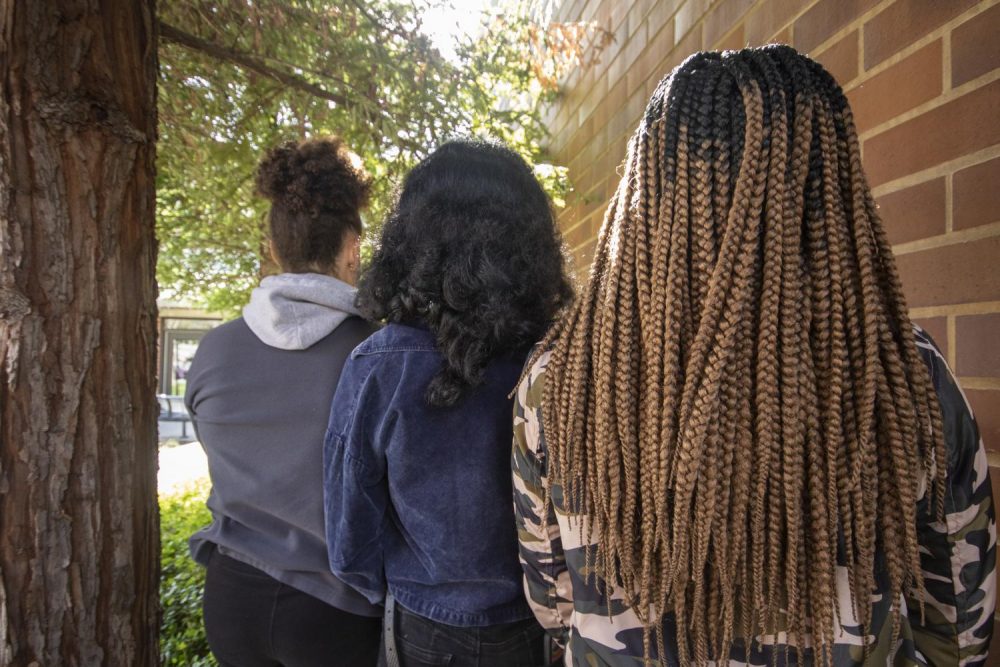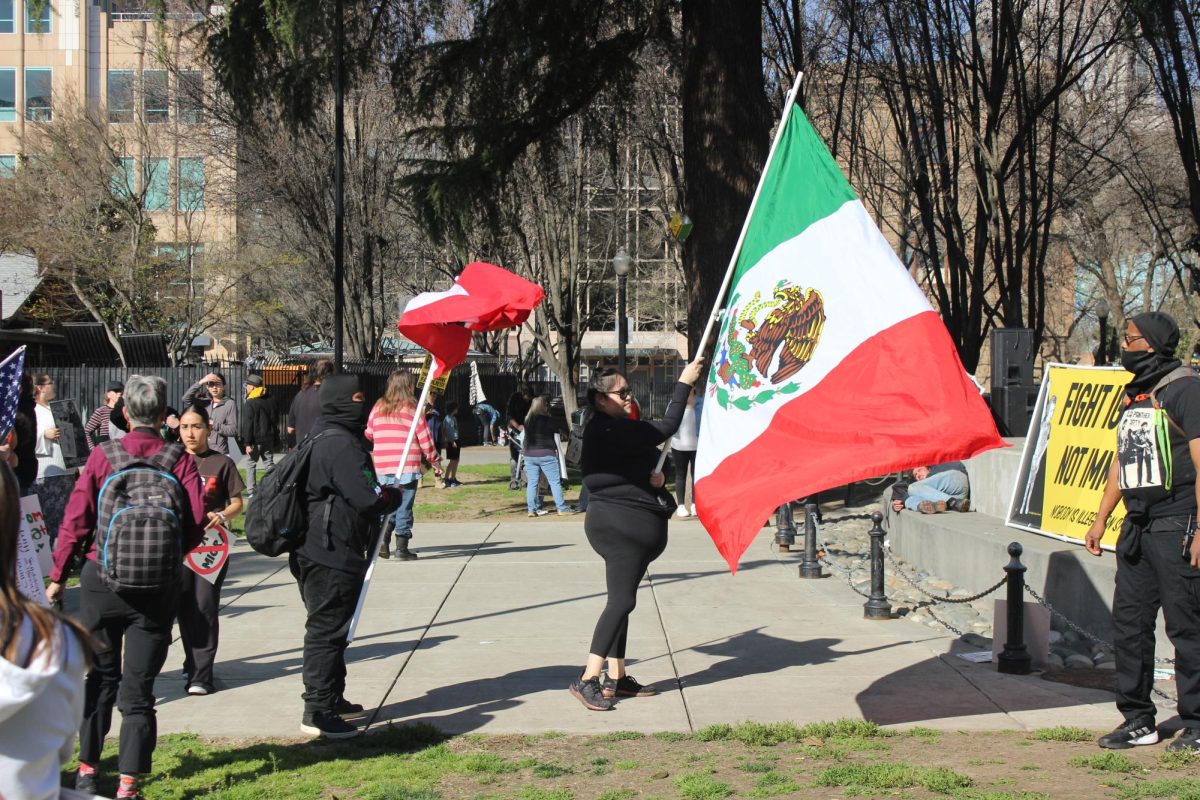Throughout the history of this country black women have been trained not to speak too loud and to keep their opinions quiet so they can blend into the background and take up as little space as possible.
It can be hard stay in the shadows and not bring attention to yourself when the hair sitting on top of your head has already done the talking for you.
Recently I’ve noticed more black women than ever wearing their hair natural, but just because it’s more common doesn’t mean that all of the hurdles that women who have worn their hair natural have faced in the past are gone.
In 2019, black women are not being subjected to the physical hair pulling of the ‘60s, but they are still dealing with the stereotypes connected to the historical mistreatment of black women regarding their hair.
From the unwanted advances to touch a black woman’s hair, to the condescending comments about the height or the space it occupies, these encounters haven’t gone away but instead have shifted to underhanded remarks.
I’m not saying that these are the realities that all black women who wear their hair natural face, but I am speaking from experience.
Hair type and texture are not the defining factor of a person, not all people who have very curly or kinky hair think the same or have the same opinions. Just because people have hair that appears similar, doesn’t make them one and the same.
Dronme Davis, a sociology and African American studies major at American River College, says her natural hair has impacted her choices in regards to her education.
“[There’s] this continuous barrier to jump over and I want to be true to myself, I want to be proud and natural but then I also have to consider realistically, ‘Is this going to affect the school that I get into?’’” Davis said.
In my experience, it can be hard when I go into class and want to participate, but feel as through I am unable to because I have “black hair” and whatever I say is going to be twisted and made to seem radical or race related.
“In education they talk about how important collaborative learning is and everybody can sit together and share their opinions, that’s great and that’s beautiful but there’s a whole group of people that every time we do that we get bashed for it,” Davis said.
When you are constantly surrounded by a society that believes in the ‘loud black woman’ stereotype, it can be hard to find the right words to say. In a time where anything you say can negatively impact all that look like you, your words have to be carefully crafted and thought out.
If you make one misstep as a black woman not only will your points and opinions be invalidated, but you risk the possibility of people forming an opinion for all black women based on your singular statement.
Black women are faced with the daily decision to continue wearing their hair naturally or succumb to to the pressures that society places upon those who choose to wear their natural hair with pride.
“It’s so damaging growing up in this world where the media and society is telling you that the thing growing out of your head is going to be what stops you from getting job opportunities, from making friends, from having relationships, from being seen and taken seriously.”
– Dronme Davis | Sociology and African American studies major at American River College
There can be uncertainty and fear when all you want to do is embrace a piece of you that connects you with your heritage but are afraid that it may stop you from being taken seriously because it is seen as dirty, messy and unkempt.
Even though black women are faced with the stigmas that come with their natural hair they are choosing to wear it with pride and leading others to feel comfortable in following their lead.
With more and more black women embracing their natural hair, we are able to feel an emerging sense of camaraderie. Although this discussion may seem minuscule to others, black women are have been able to gain a sense of togetherness through embracing a part of themselves that society has historically degraded them for.
“We’re really taught that relizations happen overnight and self-love happens overnight, but this feeling of black women feeling shame for their hair is centuries and centuries long and so you have to be patient with yourself in getting over it,” Davis said.
In a society where black women are constantly feeling shame for a natural part their bodies, acceptance can be easier to find when others who have the same features are engaging in a similar journey.














